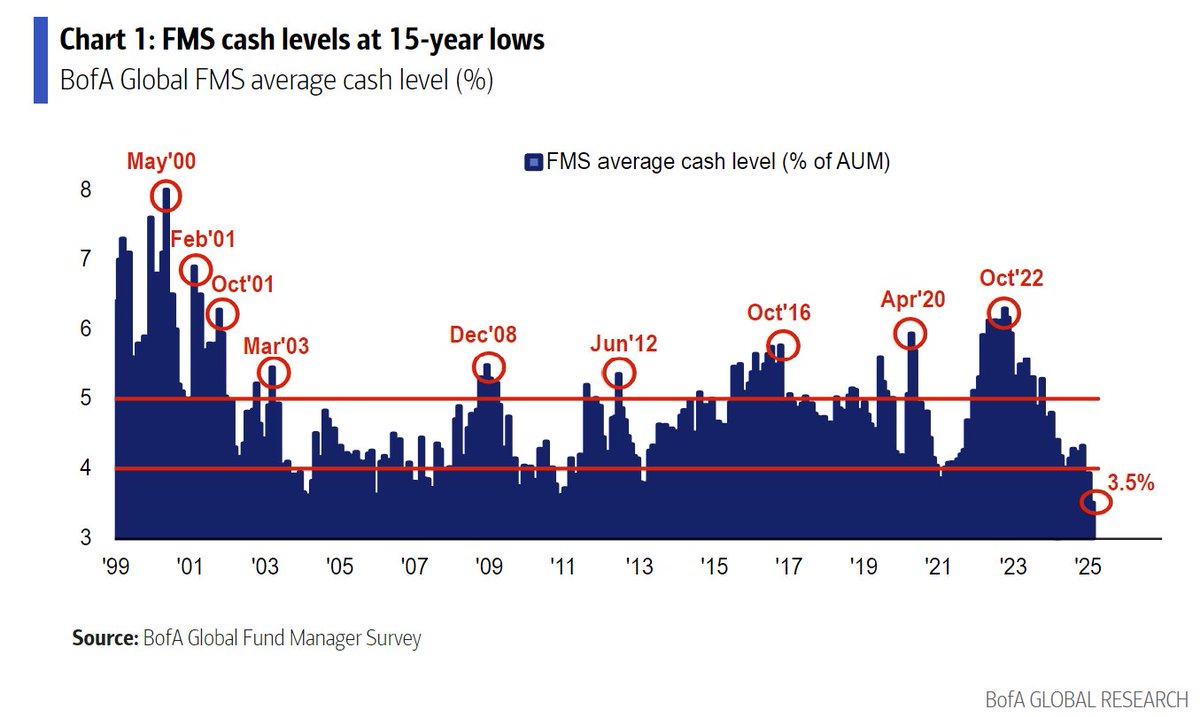1/ On Crete 6 out of 10 people live past 90 years of age. Some of the similarities of all of the regions relating to longevity are;
- Being fairly rural and remote from large population densities
- Eating organic food usually grown or foraged from a radius of two miles from...
- Being fairly rural and remote from large population densities
- Eating organic food usually grown or foraged from a radius of two miles from...
2/ ...their home.
- A self-sufficient life close to animals and nature or natural beauty
- A physically robust lifestyle and being physically active for at least 2 hours every day
- A diet high in Omega Fatty Acids from seafood, nuts, seeds or olive oil
- A diet which is 80%...
- A self-sufficient life close to animals and nature or natural beauty
- A physically robust lifestyle and being physically active for at least 2 hours every day
- A diet high in Omega Fatty Acids from seafood, nuts, seeds or olive oil
- A diet which is 80%...
3/ ...to 90% from plant-based sources.
- A diet rich in wild, medicinal plants, herbs & fungi
- A happy lifestyle low in stress & poor with little material wealth
- Strong family ties & social local structure
- A strong religious or spiritual belief system
- A diet rich in wild, medicinal plants, herbs & fungi
- A happy lifestyle low in stress & poor with little material wealth
- Strong family ties & social local structure
- A strong religious or spiritual belief system
4/ I have traveled to so many countries on this planet and have seen a lot... plenty of good & bad.
I have to be honest, Greek islands have THE BEST food and the highest quality of produce I have ever eaten. Anywhere. Ever.
I have to be honest, Greek islands have THE BEST food and the highest quality of produce I have ever eaten. Anywhere. Ever.
5/ Born on the Mediterranean Sea I know a thing or two about the Mediterranean Diet and olive oil. However, I was blown away when I found out that an average person from Crete consumes 35 liters of olive oil annually.
Some olive trees on the island are 4,000 years old!
Some olive trees on the island are 4,000 years old!
6/ Most food is cooked in olive oil. Large quantities of wild greens and herbs are gathered from the hillsides for both food and medicinal purposes.
Many older people make a daily brew of mountain tea from dried herbs such as sage, thyme, mint, and chamomile, and sweeten it...
Many older people make a daily brew of mountain tea from dried herbs such as sage, thyme, mint, and chamomile, and sweeten it...
7/ with honey from local bees. "It cures everything," claims Stamatis. Many of the wild herbs are used by people all over the world as traditional remedies. They are rich in antioxidants and also contain diuretics which can lower blood pressure.
8/ The researchers believe other elements of lifestyle are also significant. Rates of smoking are relatively low, mid-day naps are the norm, the pace of life is slow and people socialize frequently with friends and family, drinking moderate amounts of wine.
9/ Extended families give older people an important role in society. Levels of depression and dementia are low.
Majority of the above thread are excerpts from the "Blue Zones" book, which looks at various places where people live "forever". Rest are my comments.
Majority of the above thread are excerpts from the "Blue Zones" book, which looks at various places where people live "forever". Rest are my comments.
• • •
Missing some Tweet in this thread? You can try to
force a refresh















